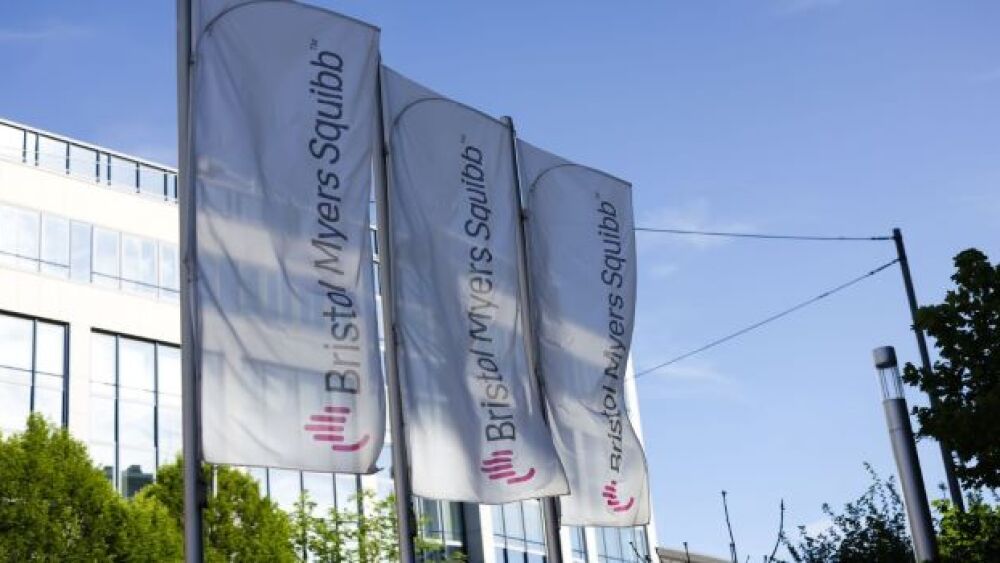Bristol Myers Squibb has returned the rights for interleukin-12 immunotherapy program DF6002 back to its original owner, Dragonfly Therapeutics, the companies announced Monday.
Courtesy Jeremy Moeller/Getty Images
Bristol Myers Squibb returned the rights for interleukin-12 (IL-12) immunotherapy program DF6002 to its original owner, Dragonfly Therapeutics, the companies announced Monday.
This decision reverses a 2020 deal in which BMS paid Dragonfly $475 million in upfront and near-term payments for the candidate. DF6002 is currently being evaluated in a Phase I dose-escalation trial as a monotherapy and in combination with BMS’ Opdivo as a treatment for multiple solid tumors.
Dragonfly will take over the development of DF6002 in the coming weeks, at which time the candidate will become the company’s most advanced clinical asset.
Joseph Eid, M.D., president of research and development at Dragonfly, said the Dragonfly team is “very excited” to regain the rights to the candidate, citing the “encourage profile” in both preclinical models and in the clinic.
Eid previously led the development of Merck blockbuster Keytruda; according to the press release, he will now be in charge of accelerating DF6002 into the clinic.
Maura McCarthy Haney, SVP of corporate development at Dragonfly, told BioSpace that once the Dragonfly team takes over development of the candidate, it plans to move quickly. She said given the candidate’s safety and efficacy performance thus far, all the team needs is “a ‘defined dose’ to move from Phase I to additional clinical development expansion.”
“We aim to optimize clinical performance and engage with additional investigators to assess applicability of IL12 in mono and in combination...In short, we want to move faster and broader,” she added.
For some, this announcement comes as no surprise, as DF6002 is only one of several programs BMS has trimmed from its pipeline. The pharma announced its decision to drop the programs in its Q4 earnings report on Thursday, though it waited until Monday to specify which Il-2 candidate would be cut.
Though ties with this particular candidate have been cut, BMS and Dragonfly continue to collaborate in multiple indications. The pair are collaborating on six programs in total, the most recent of which came in January when BMS paid Dragonfly $25 million for another immunotherapy candidate.





